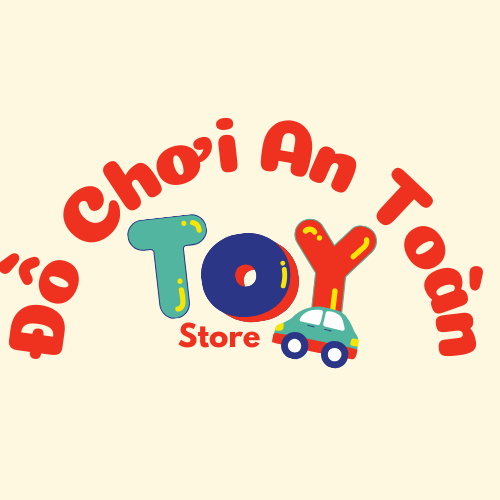Smart drugs have risen as a buzzword in the world of brain health. Whether you’re hustling through college exams, grinding in a startup, or just trying to think clearer, nootropics offer to sharpen your mind.
So, what are nootropics really? They can be natural herbs or man-made compounds designed to supercharge your mental game. They aim to help you with memory, focus, creativity, or even motivation
## Types of Nootropics
Let’s explore the main types of nootropics:
### Nature’s Brain Boosters
These include herbs, amino acids, and other plant-derived substances. Think of Ginkgo Biloba, Bacopa Monnieri, Rhodiola Rosea, Ashwagandha. These are known for helping with memory, reducing brain fog, and calming the nervous system.
Lion’s Mane mushroom is a standout—it supports neuron growth and may slow age-related decline.
### 2. Synthetic Nootropics
You’ve probably heard of Modafinil—it’s the productivity pill from Silicon Valley. These compounds are often used to treat ADHD, narcolepsy, or memory disorders.
Modafinil, for instance, is used to promote wakefulness, but it’s also used off-label to stay hyper-focused for hours.
### Smart Supplements
Some nutrients are directly linked to better cognitive performance. Omega-3 fatty acids (DHA), B-vitamins, magnesium, choline—all play vital roles. Your brain’s not broken—it’s just thirsty or missing a few minerals.
## How They Affect the Brain
Here’s where it gets science-y They tweak your dopamine, acetylcholine, and serotonin pathways. That’s why some people swear they feel like a genius after taking them.
Acetylcholine is the big shot here—it’s key for memory and learning.
## Benefits of Nootropics
Here’s what users report:
– Improved memory
– Less procrastination
– Enhanced mood and motivation
– Faster learning
– Reduced anxiety and stress
Of course, not everyone reacts the same, but many report feeling “switched on”.
## Risks and Side Effects
Not everything about them is golden. Side effects can include nausea, anxiety, or irritability. Synthetic nootropics, especially, should be used with caution.
And not all nootropics are created equal. Be wary of miracle-pill marketing.
## Smart Mixes
A popular practice is stacking—combining multiple nootropics for synergistic effects. Examples include:
– **Caffeine + L-Theanine**: Like espresso with a meditation app
– **Modafinil + Alpha GPC**: Long hours of work + memory boost
– **Bacopa + Rhodiola + Lion’s Mane**: Stress reduction + mental clarity + neurogenesis
Pre-formulated stacks like Mind Lab Pro, Alpha Brain, or Qualia are also gaining traction.
## Nootropics in Real Life
It’s not just biohackers and Reddit nerds anymore. Common users include:
– Students trying to ace finals
– Tech workers and programmers
– Gamers looking for quicker reflexes
– Writers, creatives, and musicians
– Memory-conscious seniors
## Beginner’s Guide
Curious but cautious? Good. Follow these steps:
1. **Start small**: Try natural supplements first
2. **Research thoroughly**: Don’t rely on marketing
3. **Cycle your usage**: Give your brain a breather
4. **Track your results**: Use a journal or app
5. **Talk to a doctor**: Medical advice is key
## Final Thoughts
Are they miracle drugs? No. But are they helpful? Potentially.. With the right mindset and care, nootropics can be part of a smart productivity plan.
So, are you ready to hack your brain?
Read more: omeka.net (best nootropics cognitive enhancers)
